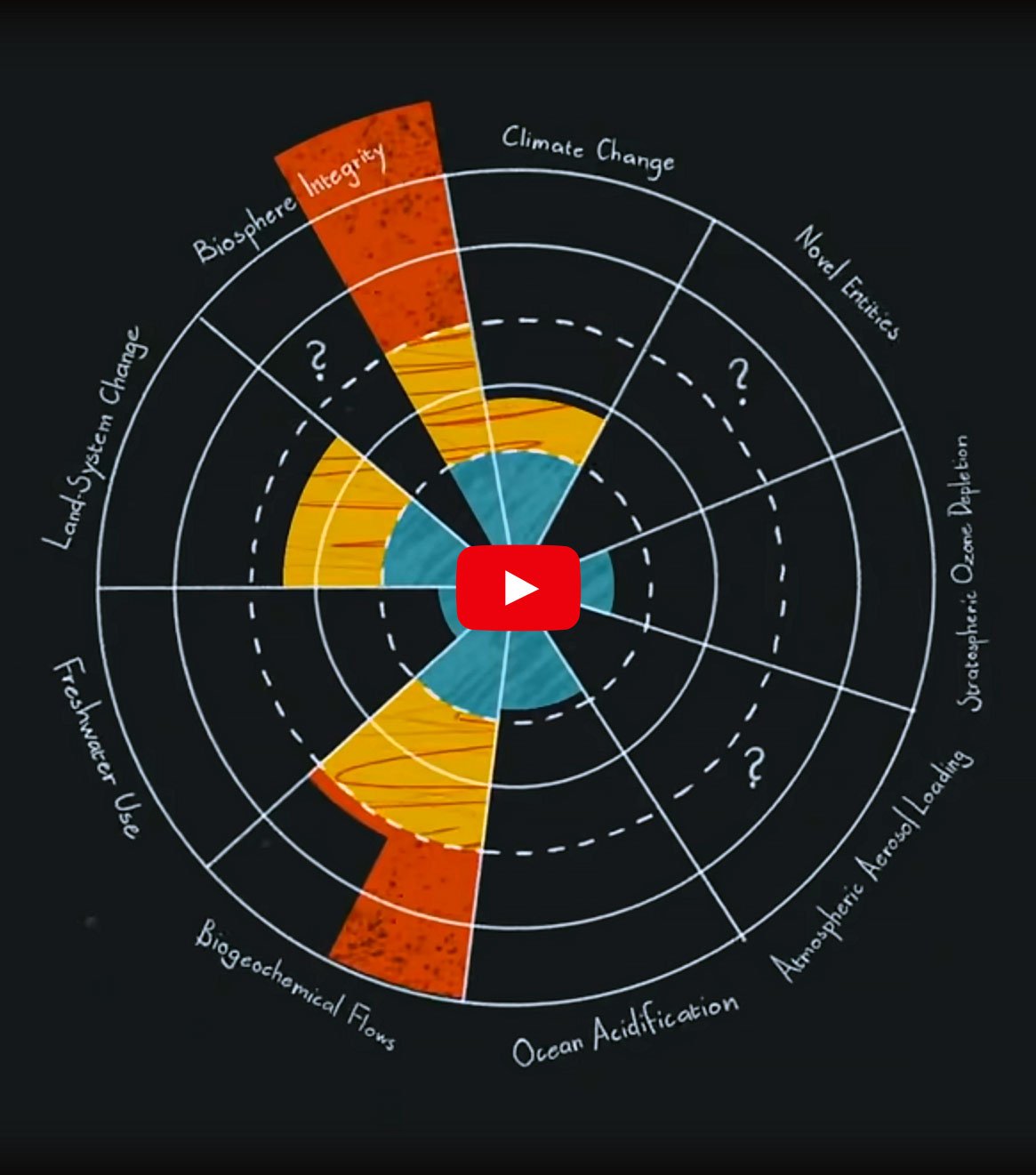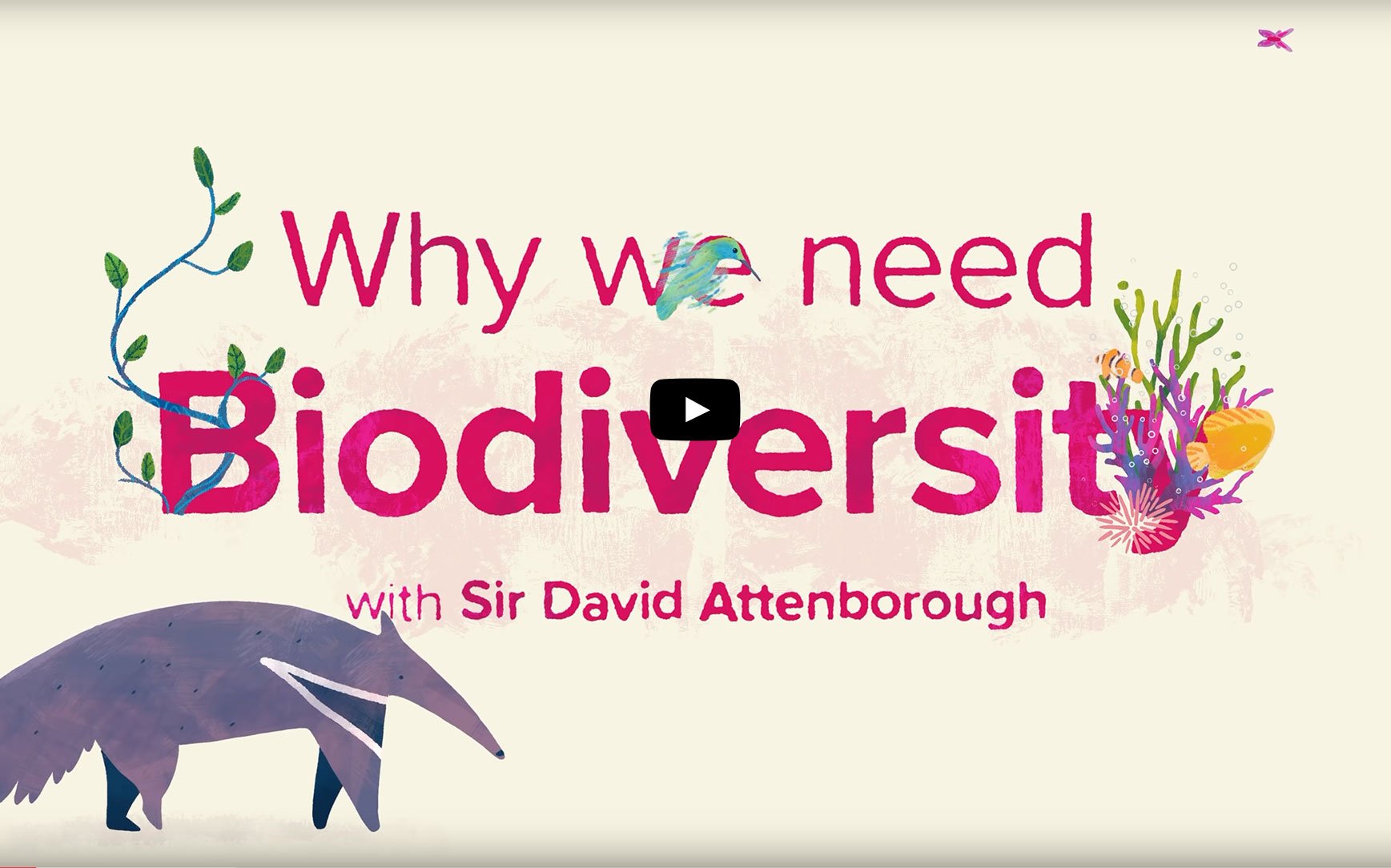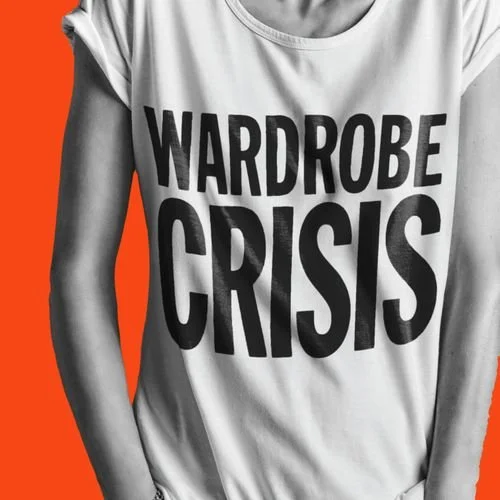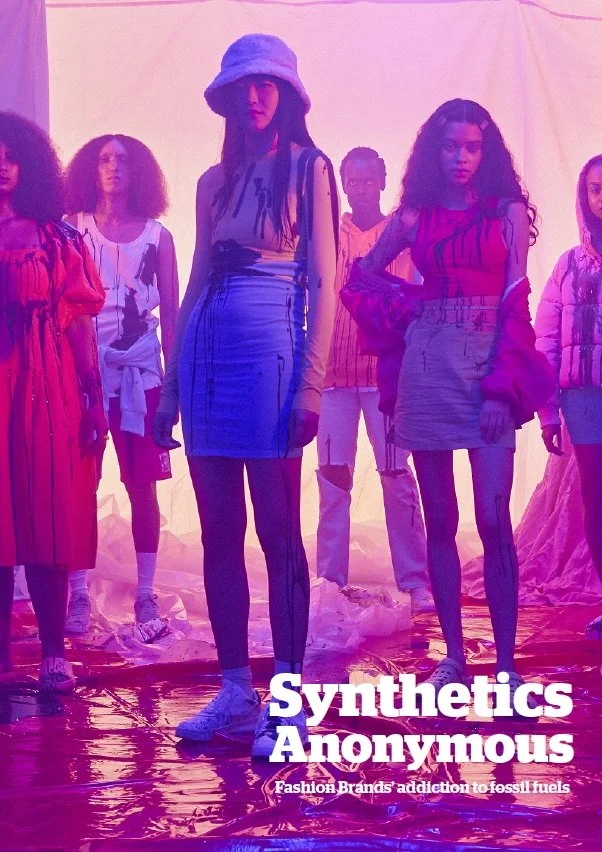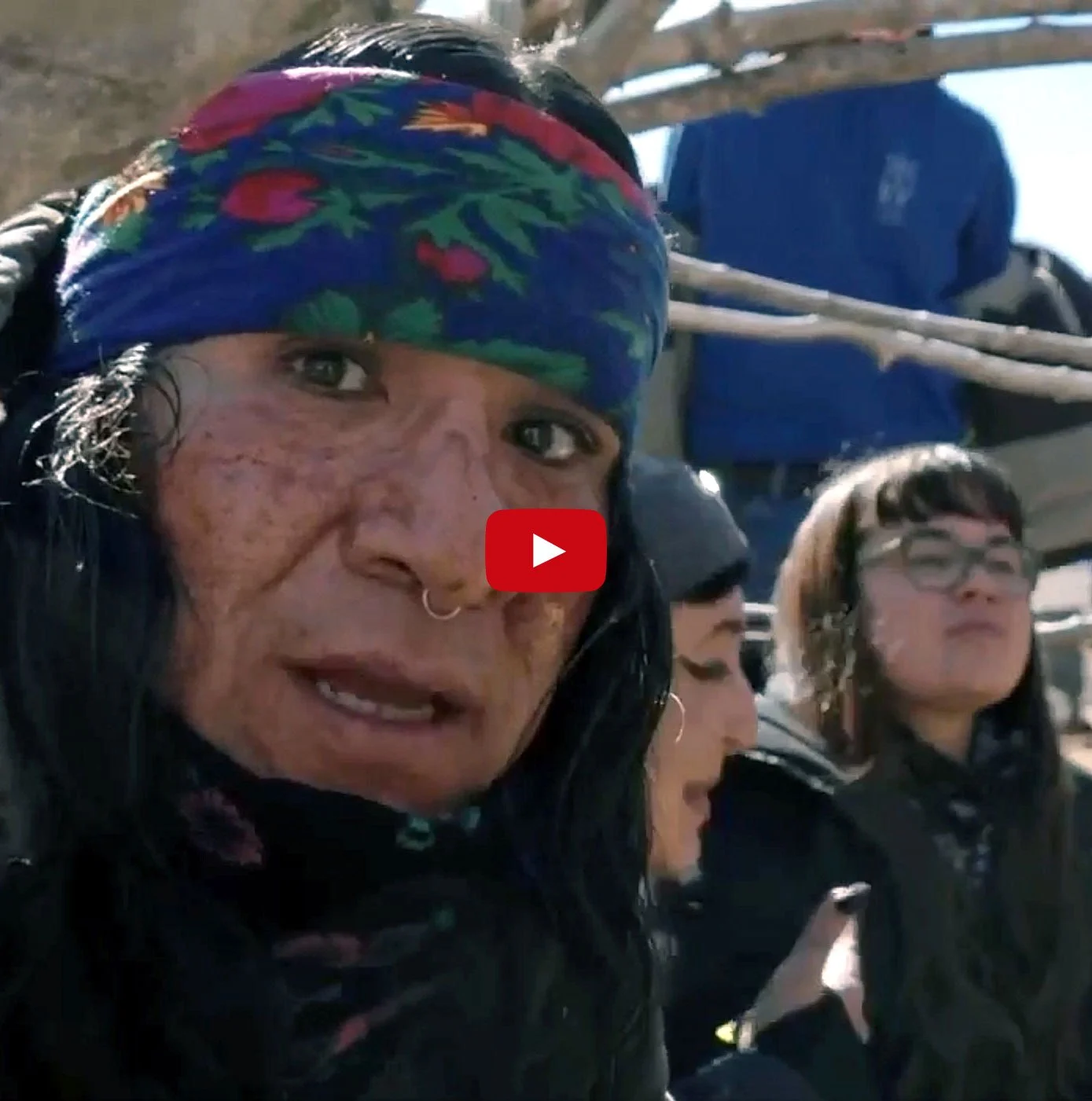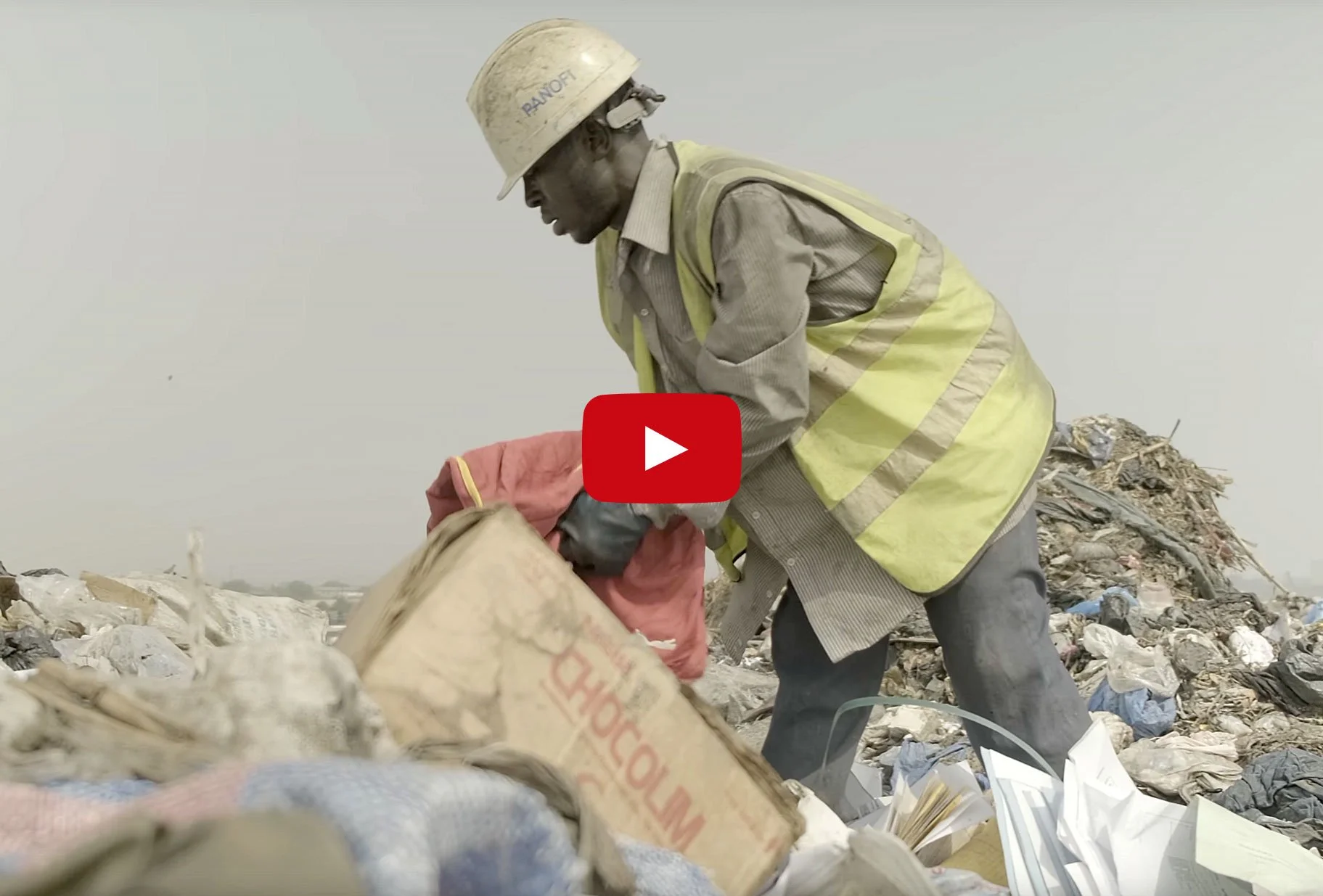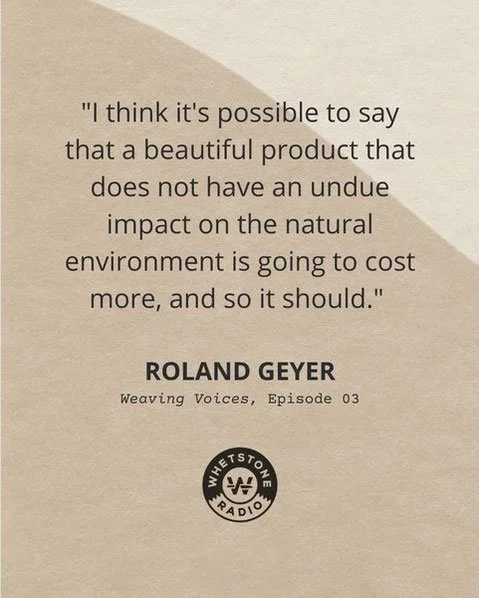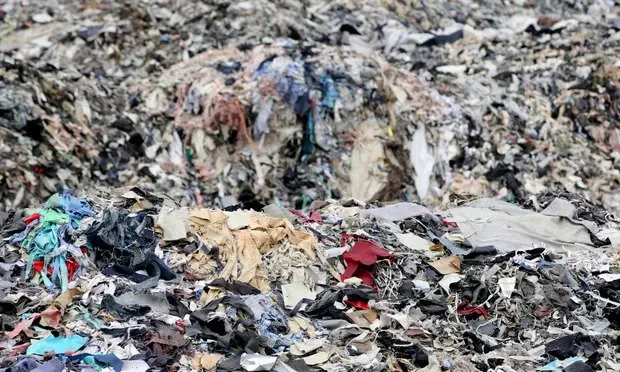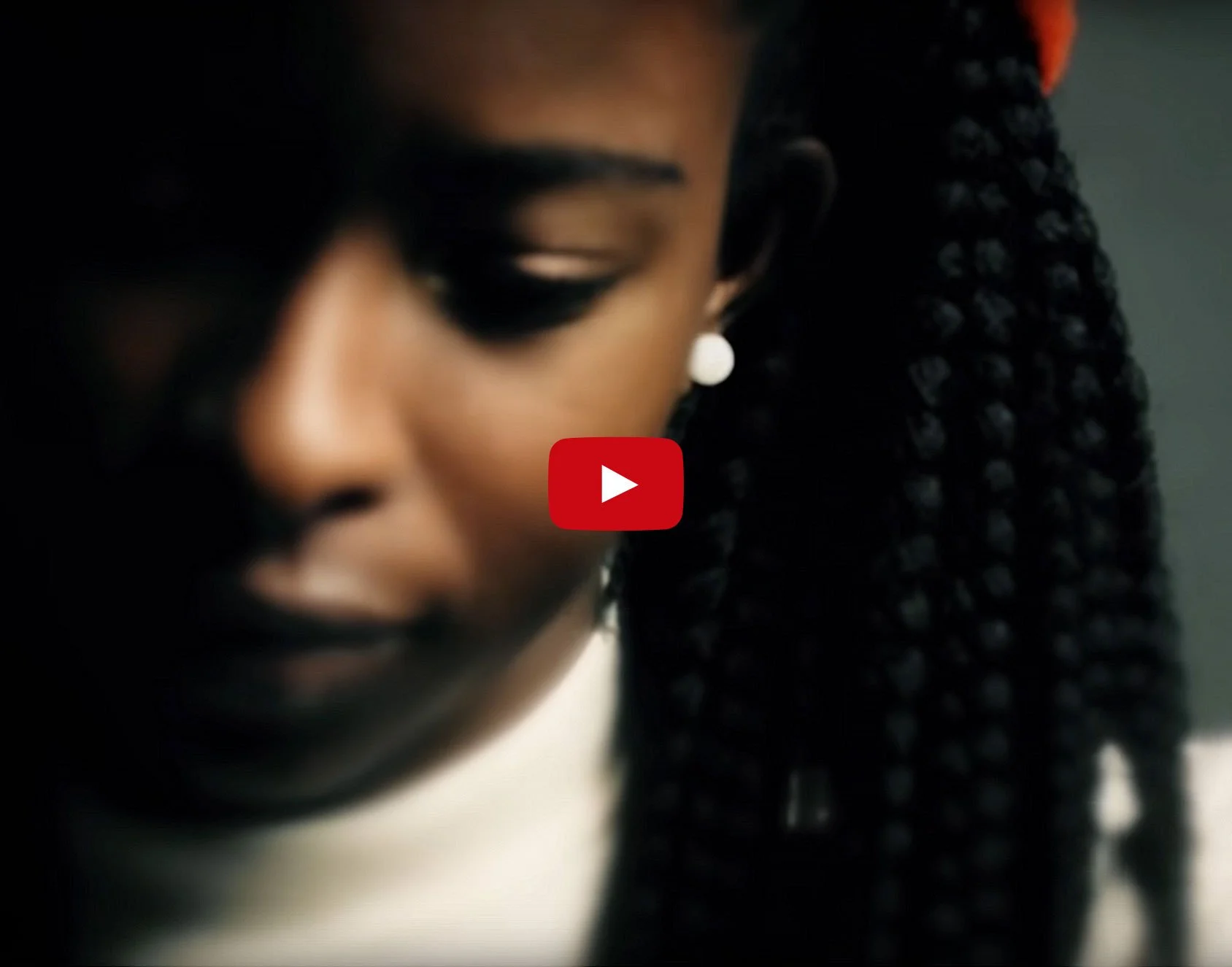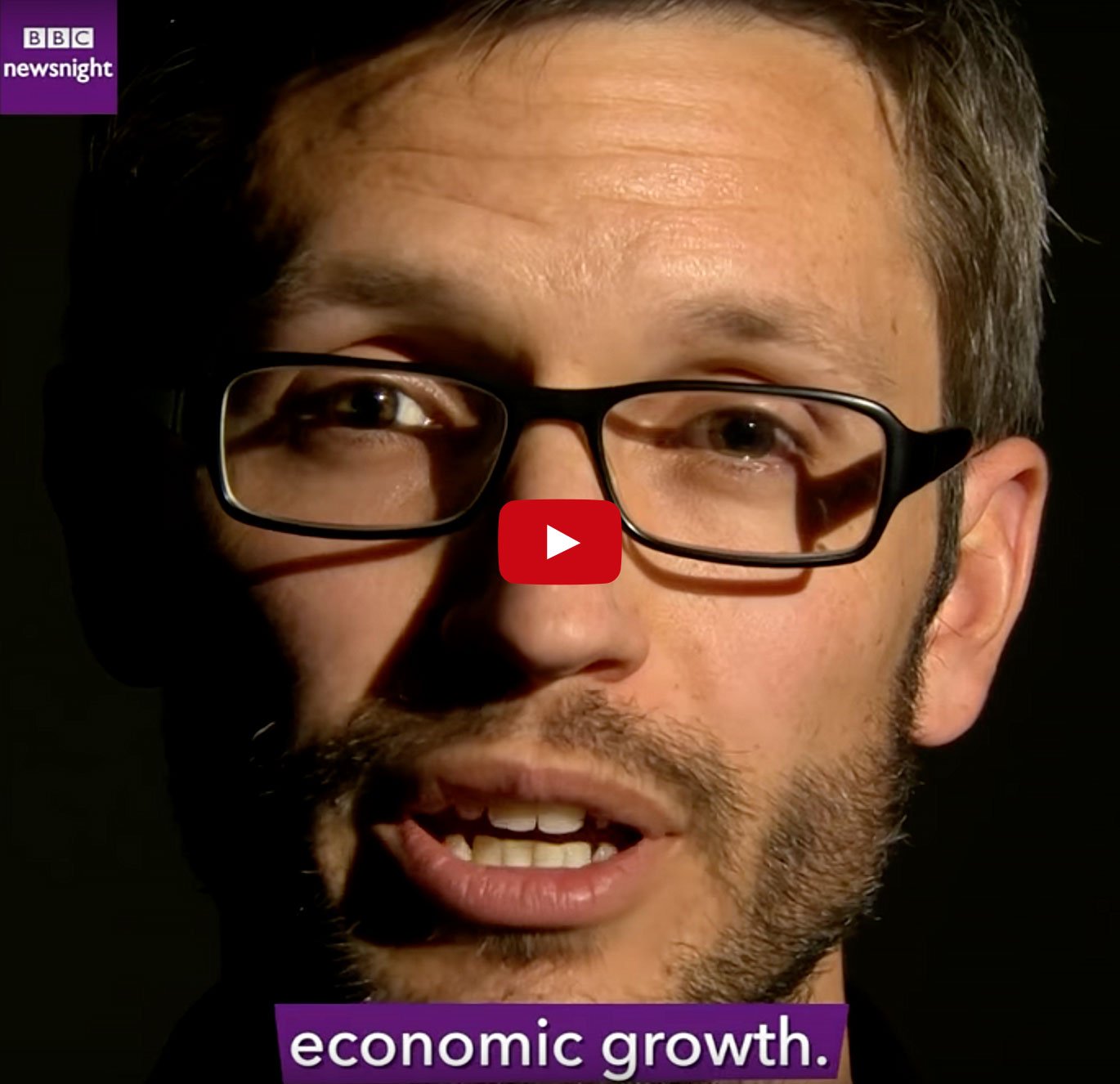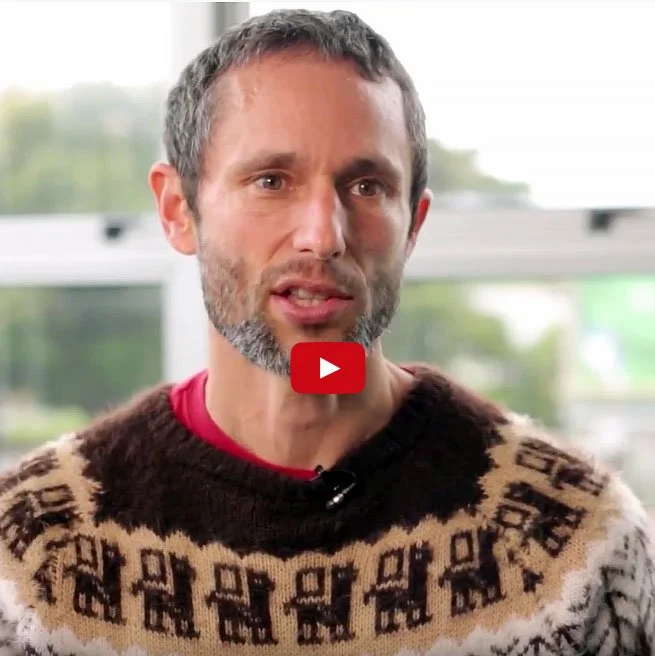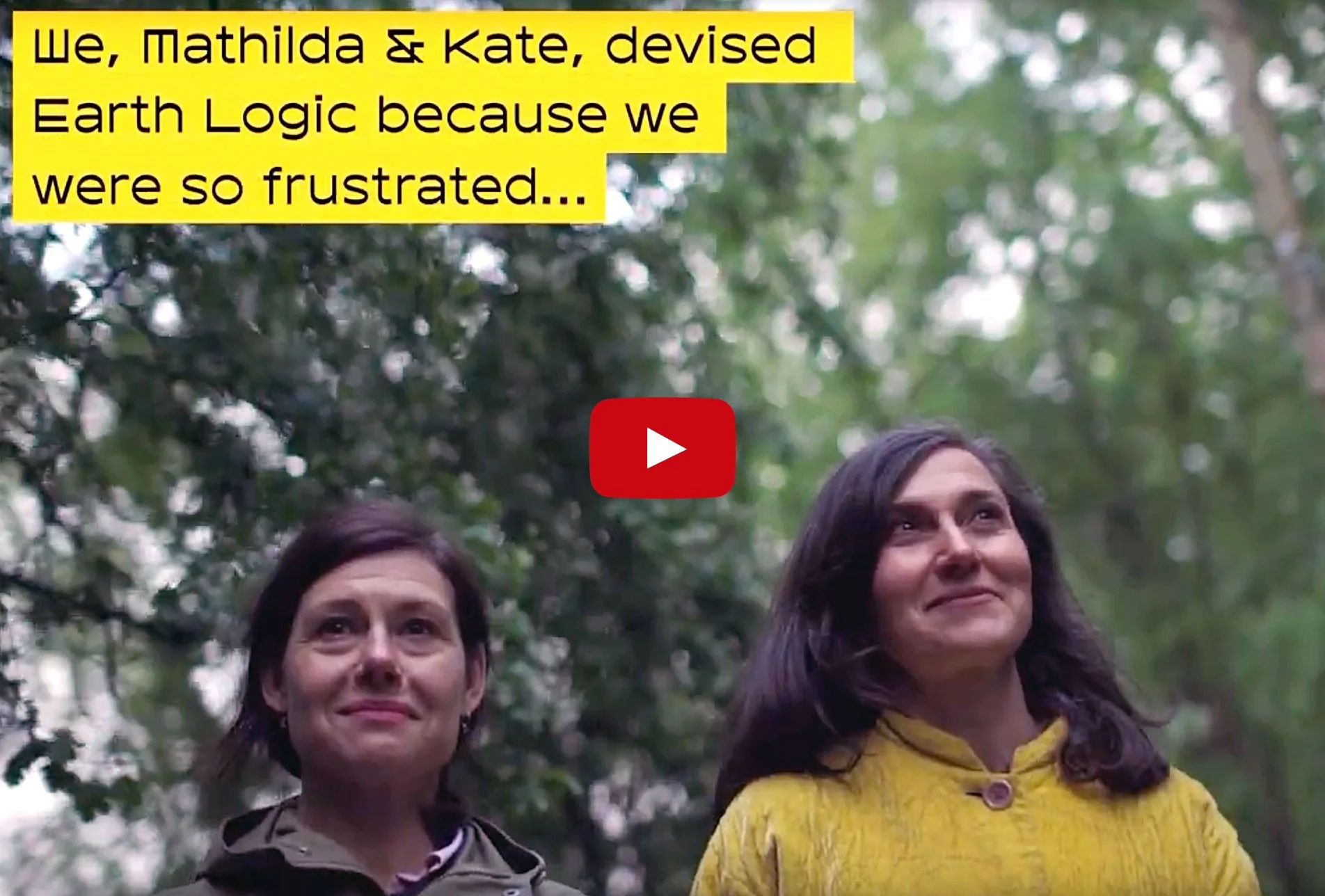Resources
As a union of researchers, UCRF celebrates the open sharing of knowledge. In this section of the site, we present collections of resources to support learning and discussion.
EXPLAINERS
The following resources have been curated by our UCRF membership to shed light on the planetary conditions to which our manifesto responds. We have included a variety of perspectives and voices. It is intended to serve as a starting point for further exploration and will evolve over time.
10 YEARS: Scientist Johan Rockström outlines the actions urgently needed in the next decade to stabilize the planet’s response to climate change.
WHY WE NEED BIODIVERSITY: Sir David Attenborough explains the complexities of living systems, the interconnectivity of all species and the importance of biodiversity to ‘a life worth living’.
GARMENT WORKERS, RAISE YOUR VOICE!: Podcast episode featuring activist Nazma Akter. A powerful account from the perspective of workers in Bangladesh.
SYNTHETICS ANONYMOUS: Report on fossil fuel-based synthetic clothing, which extends beyond fast fashion brands to include the outdoor industry.
PRAYER LODGE STOPS LINE 3 CHAOS: First nations activists peacefully protest the destruction of Anishinaabe treaty territory through song and prayer.
WE ARE HUMAN BEINGS – THE WASTE PICKERS' PERSPECTIVE: A short film representing perspectives of Ghanaian waste pickers, in one of the ultimate destinations for discarded garments from the global North.
WEAVING VOICES – REFLECTIONS FROM AN INDUSTRIAL ECOLOGIST: Fibershed founder Rebecca Burgess interviews Life Cycle Analysis scientist Roland Geyer, who proposes a focus on labor not materials as a route to net reductions in carbon emissions.
FAST FASHION SPEEDING TOWARD ENVIRONMENTAL DISASTER: Report in The Guardian on the impacts of fast fashion, highlighting widespread industry failures.
EARTHRISE: A rousing poem for our times from US Youth Poet Laureate, Amanda Gorman.
JASON HICKEL ON DEGROWTH AND LESS IS MORE: Podcast episode in which Nina Gabor interviews Jason Hickel, who applies the arguments for degrowth to the fashion context.
DENIALS – document by a decolonial collective explaining the territories of denial which hinder paradigm change.
OUR ADDICTION TO ECONOMIC GROWTH IS KILLING US: Economic anthropologist Jason Hickel explains why the ideology of growth needs to be replaced with degrowth strategies.
WHY AREN'T THE SYSTEMS CHANGING? Charles Eisenstein explains why old systems persist and calls on us to open up spaces to allow new mindsets to take hold.
EARTH LOGIC: Kate Fletcher and Mathilda Tham propose replacing the ideology of growth logic with the practicality of Earth Logic to guide radically new pathways.
Path breakers and Path finders
One of UCRF’s goals is to create an ‘activist knowledge ecology’, and as part of this we wish to also acknowledge the ‘path breakers’ of our field. However, while it is tempting to “stand on the shoulders of giants,” we also want to stand, sit and lie down elsewhere. The UCRF aims to acknowledge the multitude of ways sustainability in fashion must be studied and practised.
The landscape of sustainability is rich and diverse, and UCRF wants to push for a variety of paths to experience and explore these vistas. We want to put special focus on marginalised and silenced voices and perspectives. If we only have an epistemic monoculture that cuts through the field, this will neither answer the many needs of diverse cultures nor the needs of the planet.
We need a multitude of paths and journeys led by local guides. The ‘path breakers and path finders’ initiative acknowledges the many voices who have inspired and guided our collective work over many years.
In celebrating path breakers, we want to avoid the programmed tendency to have a reading list where men cite men about men, or NGOs and government agencies writing reports about other NGOs or government agencies. We want to challenge citation practices as a narrow reproductive technology of our field, centring the whole world around certain normative behaviours, bodies, cultures and consumption habits. This is what Sara Ahmed has pointed out as “Creating Feminist Paths”. In Living a Feminist Life, Ahmed points out; “Citation is how we acknowledge our debt to those who came before; those who helped us find our way when the way was obscured because we deviated from the paths we were told to follow.” (2017: 17)
We must cite accurate sources, but references and citations can also petrify a discipline. Acknowledging and establishing more inclusive genealogies is crucial for addressing a more diverse development of a field. Living and promoting a sustainable life must also mean performing pluralist and convivial academic practices.
MANIFESTO #03
Der Vielfalt an Stimmen Vorrang einräumen
Diversifizierung der Stimmen, Perspektiven, Werte, Überzeugungen und Methoden im Mode- und Nachhaltigkeitsdiskurs, um den globalen Süden und indigene Gemeinschaften jenseits des dominanten globalen Nordens einzubeziehen.
– German

